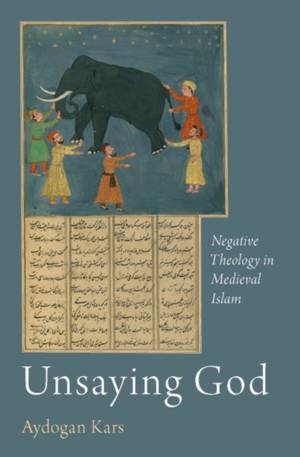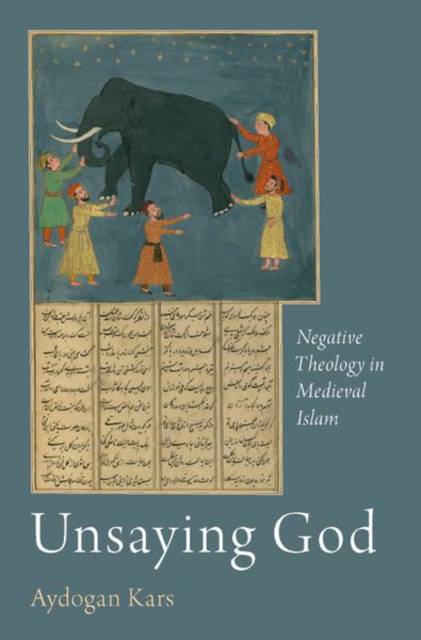
- Afhalen na 1 uur in een winkel met voorraad
- Gratis thuislevering in België vanaf € 30
- Ruim aanbod met 7 miljoen producten
- Afhalen na 1 uur in een winkel met voorraad
- Gratis thuislevering in België vanaf € 30
- Ruim aanbod met 7 miljoen producten
Zoeken
€ 139,45
+ 278 punten
Omschrijving
What cannot be said about God, and how can we speak about God by negating what we say? Traveling across prominent negators, denialists, ineffectualists, paradoxographers, naysayers, ignorance-pretenders, unknowers, I-don't-knowers, and taciturns, Unsaying God: Negative Theology in Medieval Islam delves into the negative theological movements that flourished in the first seven centuries of Islam.
Aydogan Kars argues that there were multiple, and often competing, strategies for self-negating speech in the vast field of theology. By focusing on Arabic and Persian textual sources, the book defines four distinct yet interconnected paths of negative speech formations on the nature of God that circulated in medieval Islamic world. Expanding its scope to Jewish intellectuals, Unsaying God also demonstrates that religious boundaries were easily transgressed as scholars from diverse sectarian or religious backgrounds could adopt similar paths of negative speech on God.
This is the first book-length study of negative theology in Islam. It encompasses many fields of scholarship, and diverse intellectual schools and figures. Throughout, Kars demonstrates how seemingly different genres should be read in a more connected way in light of the cultural and intellectual history of Islam rather than as different opposing sets of orthodoxies and heterodoxies.
Aydogan Kars argues that there were multiple, and often competing, strategies for self-negating speech in the vast field of theology. By focusing on Arabic and Persian textual sources, the book defines four distinct yet interconnected paths of negative speech formations on the nature of God that circulated in medieval Islamic world. Expanding its scope to Jewish intellectuals, Unsaying God also demonstrates that religious boundaries were easily transgressed as scholars from diverse sectarian or religious backgrounds could adopt similar paths of negative speech on God.
This is the first book-length study of negative theology in Islam. It encompasses many fields of scholarship, and diverse intellectual schools and figures. Throughout, Kars demonstrates how seemingly different genres should be read in a more connected way in light of the cultural and intellectual history of Islam rather than as different opposing sets of orthodoxies and heterodoxies.
Specificaties
Betrokkenen
- Auteur(s):
- Uitgeverij:
Inhoud
- Aantal bladzijden:
- 360
- Taal:
- Engels
- Reeks:
Eigenschappen
- Productcode (EAN):
- 9780190942458
- Verschijningsdatum:
- 24/05/2019
- Uitvoering:
- Hardcover
- Formaat:
- Genaaid
- Afmetingen:
- 157 mm x 239 mm
- Gewicht:
- 657 g

Alleen bij Standaard Boekhandel
+ 278 punten op je klantenkaart van Standaard Boekhandel
Beoordelingen
We publiceren alleen reviews die voldoen aan de voorwaarden voor reviews. Bekijk onze voorwaarden voor reviews.











